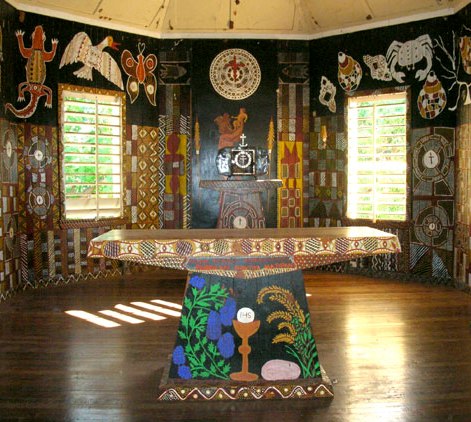WIDOW REMARRIAGE
In the Tiwi society, in order to become a “big man”, males had to have many wives. For instance, a man that was able to marry seven or eight wives by his late forties and then passed away, generally left a lot of mourning wives to be “redistributed by his graveside” (Pilling,1960). And more often than not, those people who wanted to marry these widows used to be either their competitors, or someone who had the same wealth and the privilege as the deceased. Sometimes, among these candidates, were also males that were a lot older, than the widows or the deceased. Although, the Tiwi patriarchs were capable of commanding the matrimony of their daughters, they did not have any authority over the remarriages of their own widows, and “it was widow remarriage that supplied the loophole in the system, or the cultural alternative that took care of young men.” (Hart and Pilling, 1960). It is also important to mention that in some tribes, the older women had the power to choose who they wanted to be remarried to. In the betrothal system, we saw fathers promising their daughters in marriage, whereas in the widow remarriage system, the sons decide who their moms will marry.

